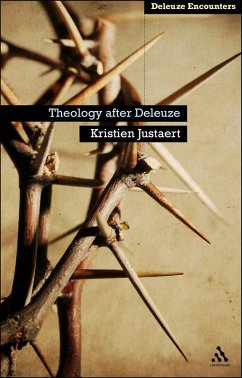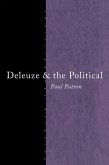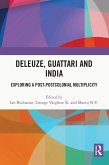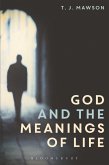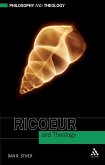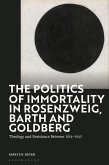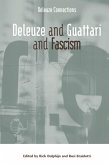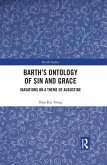Deleuze's relationship with theology is a complex one. Indeed, there seem to be many possible objections to such an 'assemblage' taking place. In the first book of its kind to engage with this seemingly problematic dialogue, Kristien Justaert shows the ways in which Deleuze's thought can in fact advance issues in political and liberation theology in particular, while also exploring the
important theological and spiritual aspirations contained in Deleuze's philosophy itself, as part of his lifelong quest for the 'Absolute'.
Justaert examines the theological components in Deleuze's writings, investigating the theological potential of four notions that circle around the central Deleuzian concept of 'Life': immanence, spirituality, creativity and politics. The book goes on to connect Deleuze with both established theologies and possible theologies for the future, identifying areas in which Deleuze can contribute to the dynamics of contemporary theology, and argues that aspects of Deleuze's philosophy can enable theology to become more meaningful in a globalised world. This is the ideal introduction to Deleuzian theologies, and Deleuze's own theology, for advanced undergraduate and postgraduate students.
important theological and spiritual aspirations contained in Deleuze's philosophy itself, as part of his lifelong quest for the 'Absolute'.
Justaert examines the theological components in Deleuze's writings, investigating the theological potential of four notions that circle around the central Deleuzian concept of 'Life': immanence, spirituality, creativity and politics. The book goes on to connect Deleuze with both established theologies and possible theologies for the future, identifying areas in which Deleuze can contribute to the dynamics of contemporary theology, and argues that aspects of Deleuze's philosophy can enable theology to become more meaningful in a globalised world. This is the ideal introduction to Deleuzian theologies, and Deleuze's own theology, for advanced undergraduate and postgraduate students.

